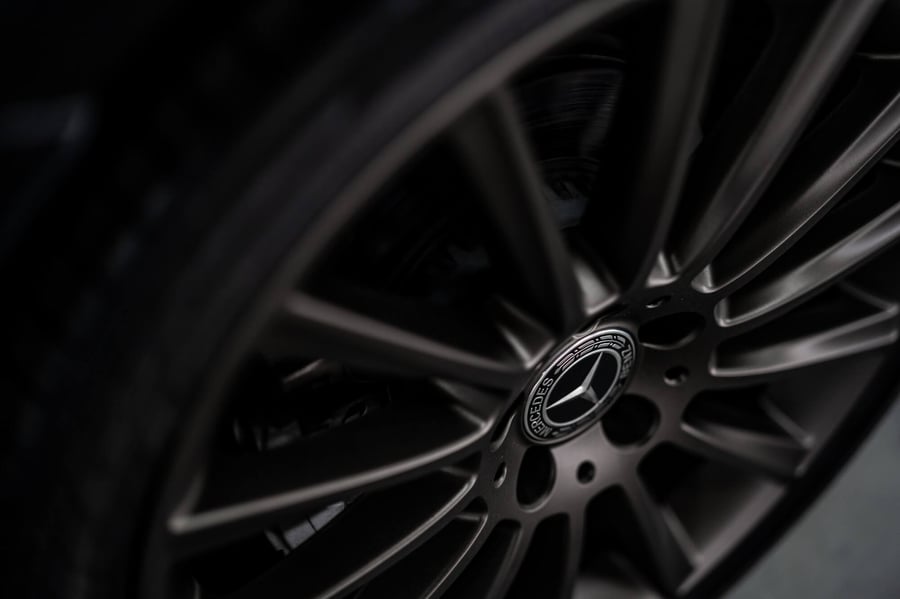
Tire balancing is important to the longevity of car tires. The average life of a tire is based on the number of miles you drive in a year, the terrain, and your overall tire maintenance. If you do everything right and drive about 15,000 miles annually, expect to buy new tires once every three to five years.
Of course, there are several factors that can decrease or increase the life of your tires. Then there are people who simply drive on tires until all the treading is gone and the tires are bald.
Tire balance is directly impacted by the condition of the tires. Driving on worn tires can lead to damage in other parts of the car. This includes the CV driveshaft, axles, boots, and wheel bearings to name a few.
Are you experiencing a shaky ride? Keep reading for everything you need to know about balancing your tires.
What Does Tire Balance Mean?
Tire balancing is ensuring the tires on your vehicle are providing a smooth ride. When your tires are properly balanced you will not feel vibrating or hear sounds as the tires make contact with the road.
When you have your tires balanced, the technician will run a series of tests to see what needs to be done to get the tires up to code. Testing includes the use of weights, which will be determined by the type of car and wheel system. Balancing tests include:
- Moving Dynamic Balance
- Nonmoving Static Balance
- Road Force Balancing
- Spin Balancing
Tire balancing should not be confused with a car alignment which also deals with tires.
How Often Should You Get Your Tires Balanced?
Tire rotation is part of your car’s routine maintenance. Tire balancing is a part of the rotation process. You may also get a tire balance when you get an alignment or when you replace one or more tires on your vehicle.
Keeping with typical car maintenance, tire maintenance should be performed between 5,000 and 7,500 miles, or twice a year. There are variables that will play into this schedule.
Someone who doesn’t drive their car that often may think it isn’t necessary to get a tire balance that often. However, a car that stays parked for long periods of time may need to have the tires checked more often. Cars lose tire pressure when they aren’t driven that much and they can also experience dry rot.
Benefits of Tire Balancing
Tires have a life expectancy of about four to five years on a car that is driven between 12,000 and 15,000 miles a year. The benefits of regular tire balancing are improved driver experience. Your tires will last longer, and you improve the life of car parts connected to the tires and their operation.
It’s Time to Schedule an Appointment
Tire balance services are part of your routine car maintenance. It is less expensive than buying new tires or having other major repairs performed.
Are you in need of a new set of wheels? Click here to find a local shop near you.
